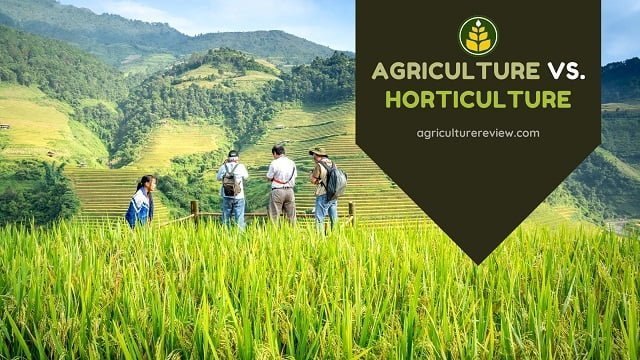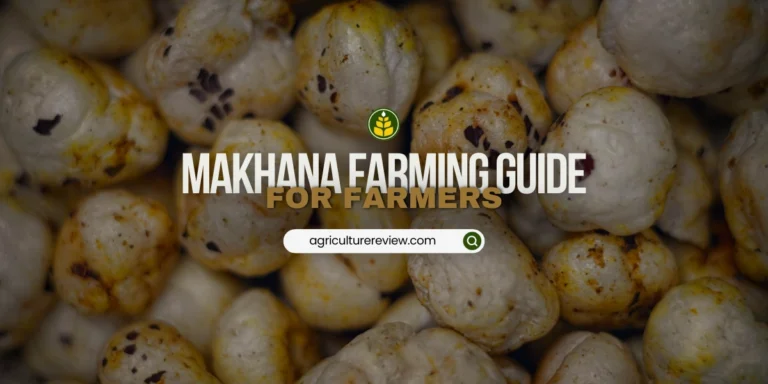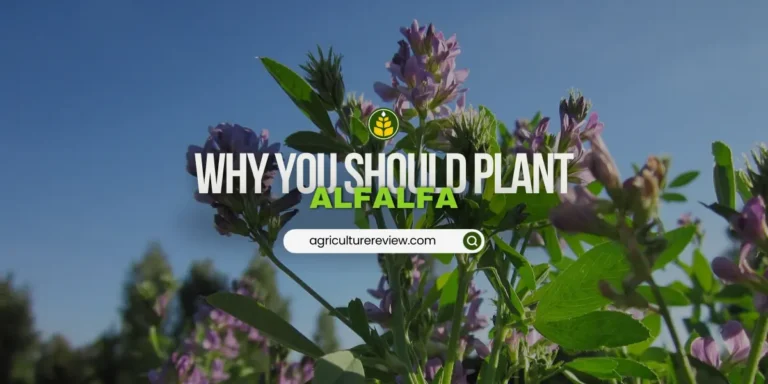1. What is the process of disintegration and decomposition of rocks and minerals known as?
2. Which type of weathering is caused by the action of temperature variations?
3. What process involves the combination of water molecules with minerals, causing a change in structure?
4. Which mineral’s cubical expansion is twice that of feldspar?
5. What is the term for the unconsolidated residues of weathered rock on the earth’s surface?
6. Which process results in the formation of clay minerals from feldspar?
7. What is the most important process for soil formation?
8. Which weathering process involves the formation of secondary products such as clay minerals?
9. What is the role of water in the hydrolysis process of weathering?
10. Which mineral responds slowly to chemical weathering compared to olivine or pyroxene?
11. Which chemical process in weathering involves the combination of CO2 and water?
12. Which type of weathering is caused by the action of living organisms?
13. What is the primary factor affecting the permeability of rocks?
14. Which process involves the physical disintegration of rocks without chemical change?
15. What is the effect of alternate wetting and drying on certain clays?
16. What does the term ‘frost wedging’ refer to in physical weathering?
17. Which gas combines with water to form carbonic acid in the process of weathering?
18. What is the outcome when feldspar is chemically weathered?
19. What is a common product of the chemical weathering of olivine?
20. Which mineral forms when limestone undergoes chemical weathering?
21. Which weathering process is accelerated in hot and wet climates?
22. What term describes the breaking down of rocks into smaller particles without any chemical changes?
23. Which process involves the absorption of water by rock minerals?
24. Which weathering process results in the formation of soluble salts from minerals?
25. Which type of weathering predominantly affects rocks containing iron minerals?
26. What is the primary agent of chemical weathering in the atmosphere?
27. Which process is responsible for the reddish color of weathered surfaces in tropical regions?
28. Which weathering process involves the dissolution of soluble minerals in water?
29. What is the effect of freeze-thaw cycles on rocks?
30. Which process involves the breakdown of rocks due to the expansion of salt crystals?
31. What is the process by which roots of plants contribute to the weathering of rocks?
32. Which chemical weathering process involves the removal of electrons from minerals?
33. Which weathering process is most effective in arid environments?
34. What is the primary mineral formed during the hydrolysis of feldspar?
35. Which type of rock is most susceptible to weathering by carbonation?
36. What is the primary agent of mechanical weathering in cold climates?
37. What is the role of acids in chemical weathering?
38. Which process involves the weakening of rocks due to the absorption and release of water?
39. Which mineral is least affected by chemical weathering?
40. What is the term for the fine-grained soil formed from volcanic ash?
41. Which process contributes to the formation of ‘talus’ at the base of a slope?
42. What type of soil is formed under tropical rainforest conditions?
43. Which mineral is commonly formed from the weathering of feldspar?
44. What is the major cause of mechanical weathering in desert environments?
45. Which process is most responsible for the formation of soil in tropical rainforests?
46. Which type of soil is highly fertile and typically found in temperate grasslands?
47. Which weathering process is enhanced by the presence of lichens and mosses on rock surfaces?
48. What is the primary component of soil organic matter?
49. Which soil horizon is known as the ‘topsoil’?
50. Which soil texture has the highest water retention capacity?






